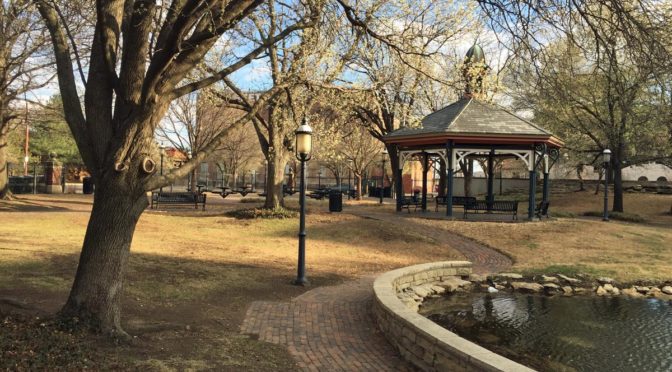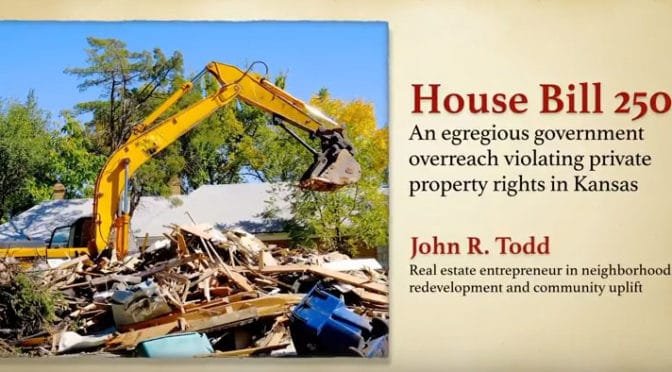The Wichita City Council will consider a budget for the city’s tourism fee paid by hotel guests.
If you stay at a hotel in Wichita, you’ll pay sales tax of 7.5 percent, hotel tax (transient guest tax) of 6.00 percent, and since 2015, a tourism fee of 2.75 percent. The tourism fee arises from the city’s creating of a Tourism Business Improvement District (TBID), with boundaries matching those of the city. 1 Funds collected from this fee go to Visit Wichita, the city’s visitor and convention bureau. (Of note, the TBID ordinance specifies that if the tax is itemized on hotel bills, it is to be called the “Tourism Fee.” Everyone pays, even those who are not tourists.) (Also, some hotels are in Community Improvement Districts, charging up to another 2 percent.)

 This week the Wichita City Council will consider the budget for the use of this tourism fee revenue. 2 City documents (the agenda packet) show actual results and goals for economic impact. As can be seen in the nearby excerpt, for leisure travel in 2017, Visit Wichita claims $81,343,227 in economic impact. This figure comes from summing identifiable dollars, which comes to $20,433,737. Then a multiplier is applied to produce the economic impact. All this results in a return of investment of $53 dollars for every dollar of investment (“Media Leisure Investment”), Visit Wichita says. (This is for the “leisure” market segment only. There are separate goals and statistics for group travel, which is meetings, conventions, or sporting events.)
This week the Wichita City Council will consider the budget for the use of this tourism fee revenue. 2 City documents (the agenda packet) show actual results and goals for economic impact. As can be seen in the nearby excerpt, for leisure travel in 2017, Visit Wichita claims $81,343,227 in economic impact. This figure comes from summing identifiable dollars, which comes to $20,433,737. Then a multiplier is applied to produce the economic impact. All this results in a return of investment of $53 dollars for every dollar of investment (“Media Leisure Investment”), Visit Wichita says. (This is for the “leisure” market segment only. There are separate goals and statistics for group travel, which is meetings, conventions, or sporting events.)
This data represents what is called “incremental” travel, for which Visit Wichita takes credit: “The rate of travel by those who are ‘unaware’ is considered the base rate of travel, which would have been achieved if no advertising were placed. Any travel above this base by ‘aware’ households is considered influenced — or the rate of incremental travel.” 3
As for the performance of the overall Wichita hotel market, growth is slow. Looking at growth in hotel tax collections, only two of the ten largest markets in Kansas have grown slower than Wichita. This is since January 1, 2015, which was when the tourism fee started. (Hotel tax collections collected by the Kansas Department of Revenue do not include local taxes like the city tourism fee.)
Further, if we were expecting a boost in hotel sales from the recent hosting of NCAA basketball tournament games, that didn’t happen. See Effect of NCAA basketball tournament on Wichita hotel tax revenues.
Kansas transient guest tax collections are available in an interactive visualization here.

—
Notes
- City of Wichita, Ordinance No. 49-677. Available at http://www.wichita.gov/CityClerk/OrdanicesDocuments/49-677%20TBID%20Ordinance%20-%20version%204.pdf. ↩
- Wichita city council agenda packet for May 1, 2018. ↩
- City council agenda packet. ↩














